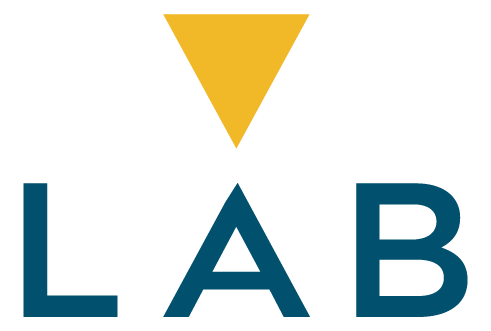AML/CTF Reforms – Key takeaway
As the dust continues to settle on last year’s AML/CTF Amendment Bill, its impact is becoming clearer.
A less prescriptive approach to customer due diligence typifies the bill’s shift from a compliance focus to one of risk and outcomes. The Draft Rules require certain matters to be established on ‘reasonable grounds’ before providing a designated service and should be appropriate to the ML/TF risk.
While the Rules are yet to be finalised, it looks like organisations may need to implement higher quality risk assessment of customer and reporting entities, rather than merely meeting minimum collection and verification steps.
Building risk assessment more tightly into the digital onboarding journey will drive competitive advantage for organisations undertaking risk-aligned due diligence activities.
LAB Group’s Automated Risk Assessment Scorecard makes that simple.
Amended AML/CTF Act: Automatically risk assess applicants
LAB’s Automated Risk Assessment Scorecard
New Exposure Draft Rules set by the Amended AML/CTF Act appear to allow reporting entities to collect and verify information about customers according to their ML/TF risk.
LAB’s Automated Risk Assessment Scorecard makes this process fast and simple by assigning an ML/TF risk to investors at the onboarding stage.
The Scorecard will continue to be updated following a deeper analysis of the Draft Rules or the release of further regulatory changes. Currently, the Scorecard assesses investors against the following criteria:
PEP
Customers are screened against politically exposed person (PEP) lists. LAB’s assessment will therefore categorise any applicant as Higher Risk if they:
- Are flagged as being a PEP
- Self-identify as a PEP
The investor is then put through electronic verification (EV) and if successful, their application will be flagged to the client for further assessment.
Sanctioned country
The technology will categorise an applicant as Higher Risk if they:
- Use any address in a sanctioned country, including for private residences or associated entities and individuals
- Hold tax residency in a sanctioned country
- Established an entity in a sanctioned country
Any applications that pass EV are flagged to the client for further assessment.
Business type risk
Non-individual applicants will be asked if their business operations include gambling, a cash-intensive business or are a charitable or religious organisation.
These types of businesses are categorised as Higher Risk and are flagged to the client for further assessment.
Negative News
The Scorecard also categorises any application as Higher Risk where one or more individuals appear in any negative/adverse media.


